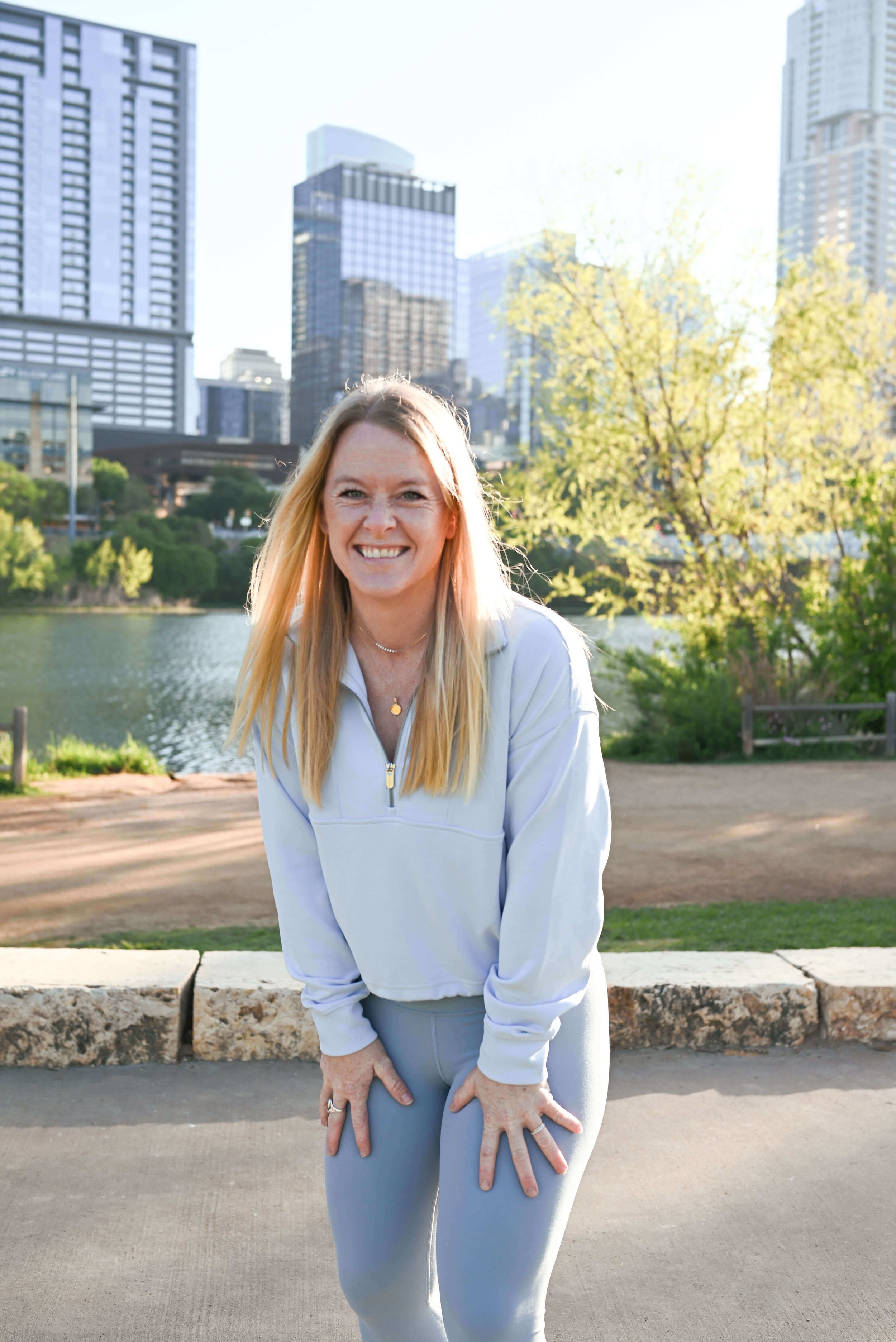Changing Our Relationship With Food
I was in Virginia with my nieces and the oldest turned to me and asked, "Kaka, is this food bad?" She was munching on a chip.
Oof. I felt a giant ping in my gut to answer this question perfectly. Her sponge of a brain, patiently waiting to hear my response.
I was flooded with thoughts and transported back to a time when I believed food was either good or bad, and depending on what I ate, so was I. Strong or weak. Disciplined or lazy.
My answer was simple, and I hope clear to a 9 year old — that food is not good or bad.
Some foods give you more energy than others, some taste more enjoyable than others and some may have more nutrients to help your body grow. But it’s ok to have all different types of food no matter what other people might say.
And while she probably didn’t give the question much thought after our exchange, I couldn’t stop thinking about it — that eating food has become a moral dilemma for so many of us. That what we eat — or don’t — is somehow connected to our worth and worthiness.
Food and Words
Have you ever said something like this to yourself? Or heard another woman say something like this before?
“I was so good today, I ate a salad for lunch.”
“I was bad today, I ate (insert anything that isn’t a salad because culturally it seems we think that salads are the only commendable choice and thus worthy of praise).”
I have. Maybe 1 million times.
I lived that. I believed that. That was ME from basically age 9 into my very early thirties. Sometimes it's hard to admit that to myself, but it's true. If I ate something I deemed “bad” well then so was I. And to me "bad" meant weak. Lazy. Not disciplined enough. Lacking in self-control.
From those deeply embedded subconscious thoughts and beliefs, a familiar cycle would be triggered.
I am weak and lazy because I ate X, so now I need to make up for it by doing Y. Yes - that will free me from this, and I can start eating only “clean” “good” food again.
I will be better.
I will be good.
Rinse and repeat for 20 years.
A constant dilemma, stemming from the words I used to relate to food and the story I made it mean about me.
So here is my invitation: get curious about the words and phrases we use when we talk about food, and if you can, maybe even what those words or phrases mean to you. Offer some attention to the internal (and maybe even external) dialogue that arises.
What’s being said?
What meaning am I giving this?
How does it make me feel?
And maybe you notice something, but it doesn’t make you feel a certain way; but maybe you notice something and see that it does. That looking at food through the lens of “good” and “bad”, “should” or “shouldn’t”, “junk” or “healthy” does, in fact, have some sort of sway.
It took time for me to realize it, but once I did (that food is just food - plain and simple), everything shifted. It’s not about changing the food - it’s about changing the relationship with the food.
When I finally understood and embraced this, I found my freedom.
Kat Libby
Holistic Health and Mindset Coach

